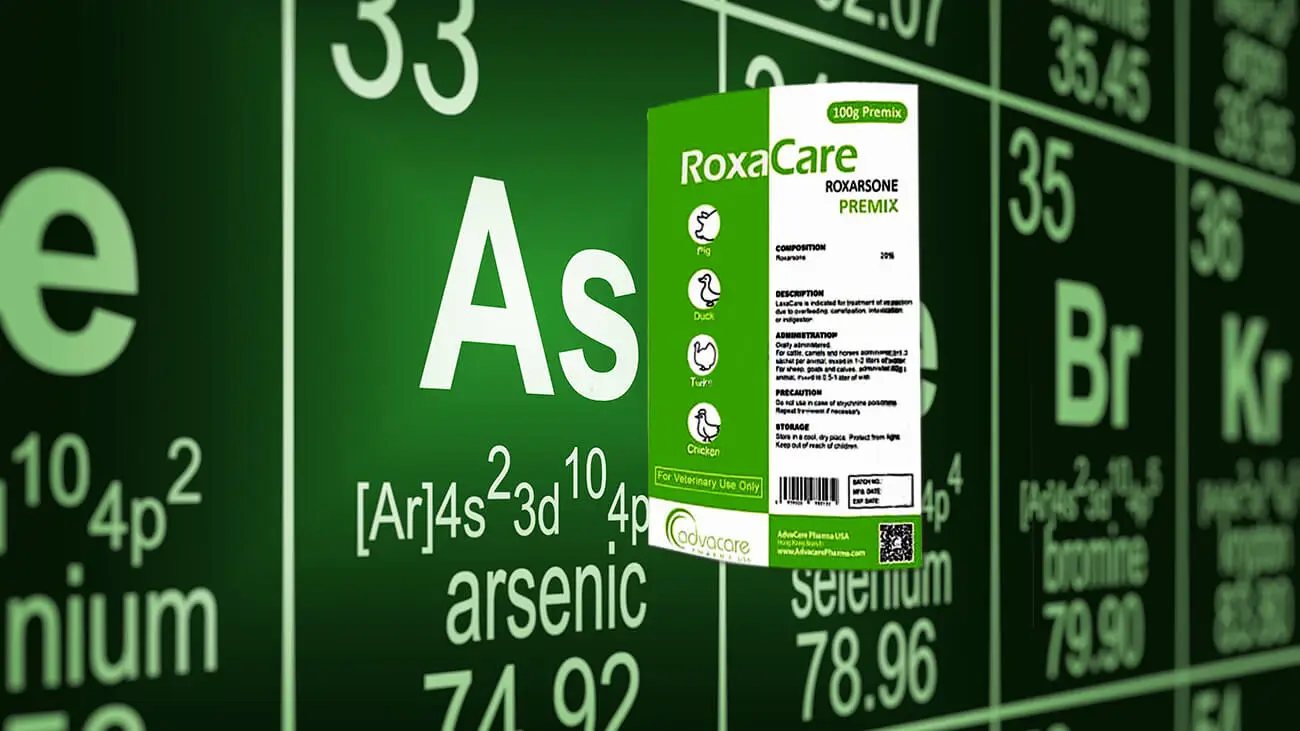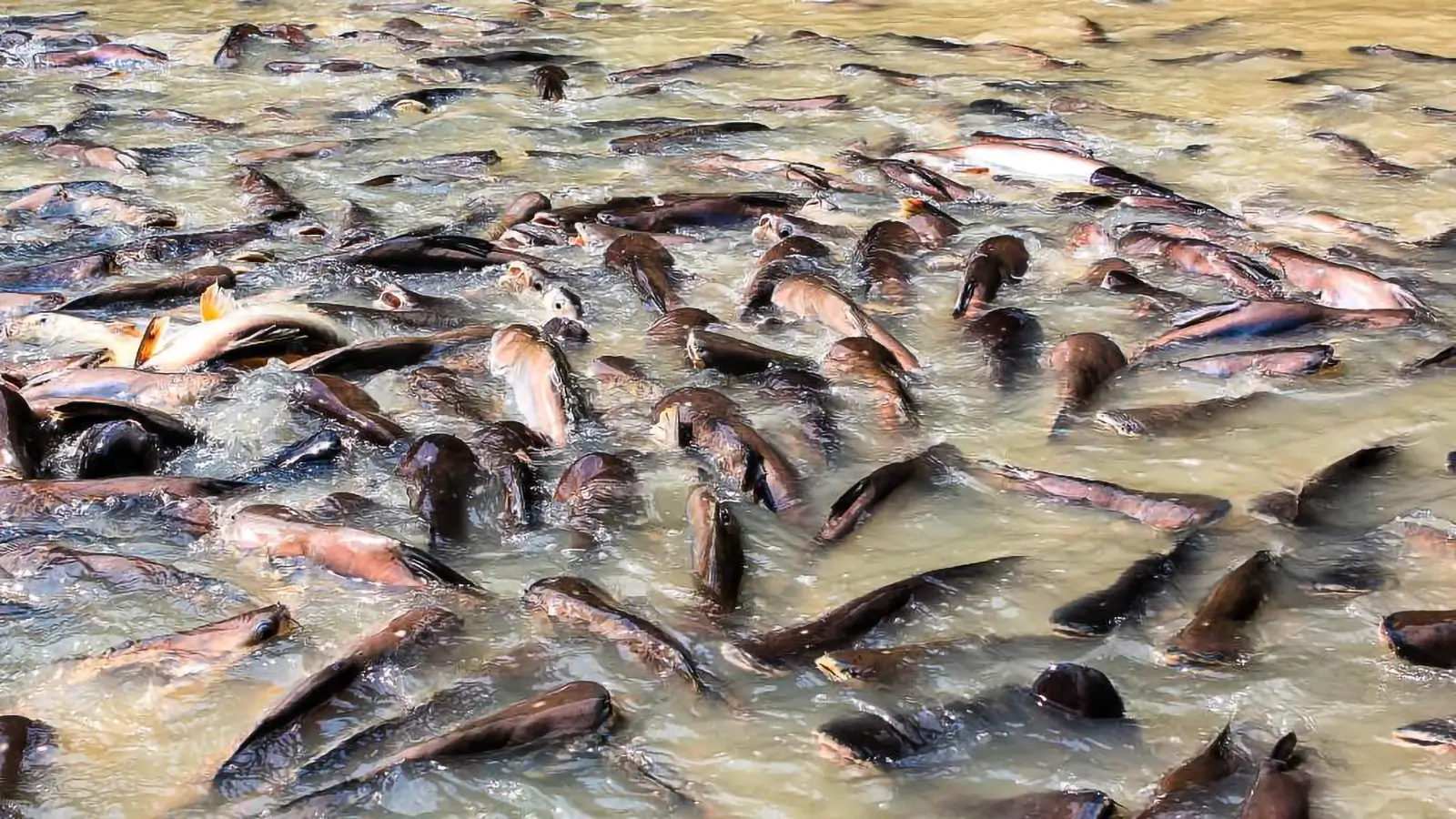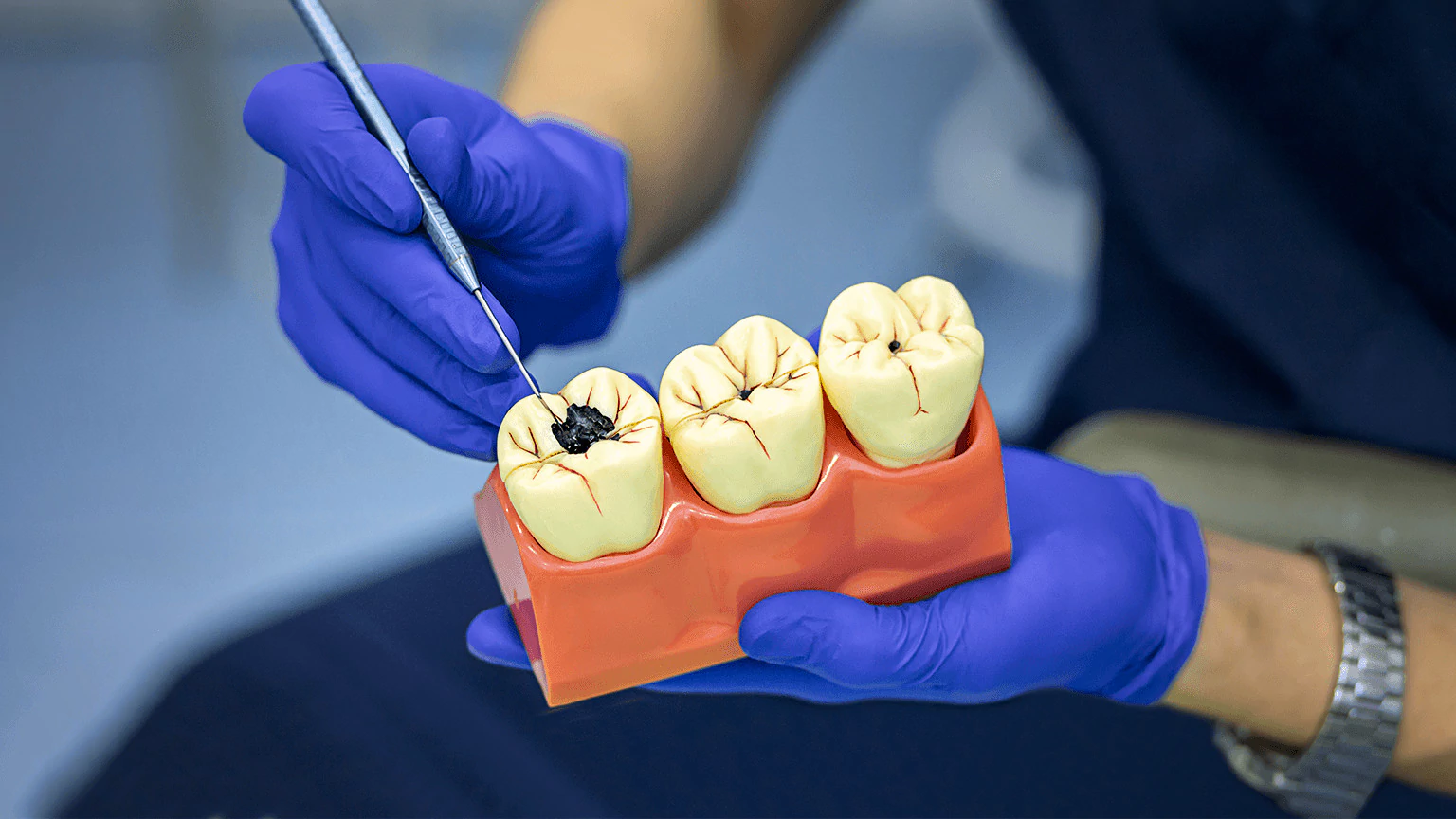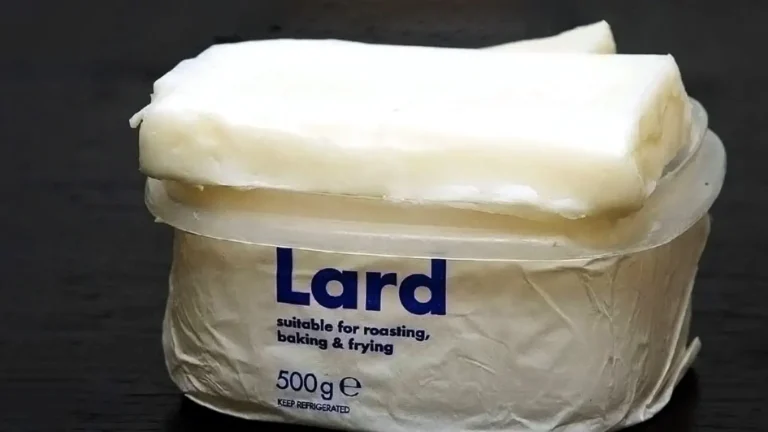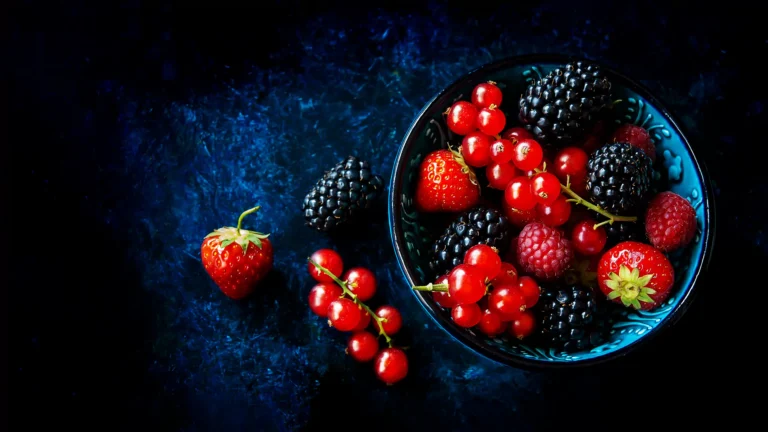Water fluoridation- Scientific review
Fluoride inactivates 62 enzymes in the body, inactivates DNA and RNA repair enzymes activity, it is mutagenic, causes DNA damage, increases cancers and all other diseases correlated with mutations, disrupts the immune system.
Milos Pokimica
Written By: Milos Pokimica
Medically Reviewed by: Dr. Xiùying Wáng, M.D.
Updated May 28, 2023Democracy is a story for the public. The deep state and Federal Reserve (privately owned reserve) run things like the economy and geopolitics. Sometimes US Government may even decide to run some experiments on American people without consent as they did in the Tuskegee syphilis experiment for example.
I want to use this example so that you can understand how things really are unfolded in reality. What I find is that people just have a hard time excepting some truths. Most of you just believe in authorities because of indoctrination from childhood. This example can help you understand the motivation behind the fact that they choose fluoride and not some other chemical to be used for water purification.
One of many secret experiments conducted by the U.S. Public Health Service was the Tuskegee syphilis experiment.

The purpose of this study was to observe the natural progression of untreated syphilis in rural African-American men in Alabama under the guise of receiving free health care from the United States government. Hundreds of men, all black and poor signed up. Some of the men assumed they are being treated for rheumatism or bad stomachs. They were promised free physicals, free meals, and free burial insurance. The researchers never received knowledgeable permission from the men and never told the men with syphilis that they were not being treated but were simply being observed until they died and their bodies examined for ravages of the disease.
U.S government kills. Sometimes they kill their own citizens with diseases.
Well, they will deny this by saying that 431 men, all of them had previously contracted syphilis before the study began and that 169 that did not have it were chosen for the control group. The government will say that the men were given free medical care, meals, and free burial insurance for participating in the study. And all of this is just a lie. Firstly, the men were told that the study was only going to last six months, but it actually lasted 40 years. Initially, when the investigation began, treatment for syphilis was not effective, often dangerous and fatal. However, even after penicillin was discovered and used as a treatment for the disease, the men in the Tuskegee study were not offered the antibiotic. They were used in the same manner that prisoners of WW2 were used in death caps with one exception. These men did not know that they were used. We as the public will never have known about all of this.
In 1966, a public health service inspector had some issues with the study. Peter Buxtun wrote to the executive of the U.S. division of venereal diseases about the ethics of the experiment. However, the agency ignored Buxtun’s concerns. Buxtun eventually got angry and leaked a report about the study to an Associated Press journalist named Jean Heller, who years later termed it “one of the grossest violations of human rights I can imagine.” On July 26, 1972, Heller’s story appeared on the front page of the New York Times, revealing that the men had deliberately been left untreated for 40 years.
And one big question remains. How many such experiments are still out there that nobody had leaked?
Fort Detrick for example in it times imploded some 300 scientists including 140 micro-biologists, 40 of whom had PhDs, 250 specialists from different disciplines, and around 700 to 1000 supporting staff.
It produced some 900,000 mice, 50,000 guinea pigs, 2,500 rabbits, and 4,000 monkeys annually. Publicly U.S. government acknowledges only weaponizing seven viruses. However, some evidence shows there are actually hundreds of them if we count all of the weaponized cancer viruses and other “not instantly lethal“ ones. By the documents that are available the list of viruses experiment on contains cancer, leukemia, lymphoma, sarcoma, encephalitis, herpes, influenza, mononucleosis, as well as prions that cause mad cow disease and hundreds of others.

Simian virus 40 (SV40) is a small DNA virus from the genus polyomavirus, closely related to human polyomaviruses John Cunningham virus (JCV) and BK virus (BKV) and is highly oncogenic for rodents. The virus accidentally entered the human population through contaminated early batches of polio vaccine in the 1960s. After the discovery of SV40-like DNA sequences in mesothelioma samples in 1994, a new wave of research started, focusing on the role of SV40 in malignant pleural mesothelioma and human cancer in general. Although the virus is not considered a cancer-causing agent for humans, it is thought to have a (not yet defined) role in the development of malignancy.
(Hmeljak et al., 2009)
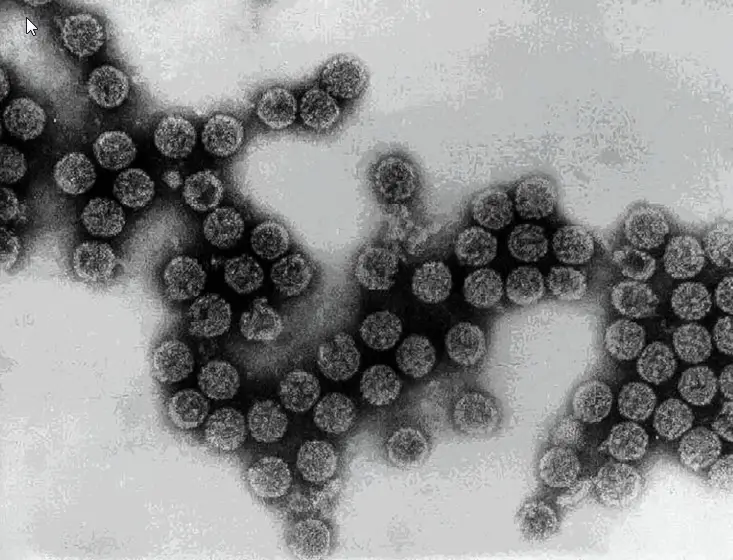
Now, why would someone want to weaponize sv40 cancer virus?
It is not instantly lethal. It cannot affect any military conflict scenario. The only consequence of using weaponized cancer viruses will be a higher mortality rate of cancer over a prolonged time period leading to a higher overall mortality rate. The weaponized cancer viruses are hard to detect and only can be effective as some sort of population reduction mechanism.
The year after Fort Detrick was publicly closed DoD’s biological weapons budget actually rise from $21,9 to $23,2 million. They got even more money to research “defense“ instead of offensive bioweapons. Even the stockpiled biological weapons that were pledged to be destroyed remained tacked in Pine Bluff, Arkansas. The focus on weapons of mass destruction focused from the atomic bomb to a single mutated strain of engineered viruses and then after that to the realm of immunological attack. Using cancer viruses manufactured in labs featured a new field called retrovirology that also included the production of aids like the immunosuppressive type of new virus strains. Ebola-like immune system destroyers for both warfare and population control.
Fort Detrick had become a headquarters for the National Cancer Institute after the so-called ending of a biological weapons program.

Company Lytton Bionetics operated the entire administration of the Nacional Cancer Institute programs at Fort Detrick at that time. This private company was a medical subsidiary of the mega military weapons contractor called Litten Industries (https://en.wikipedia.org/wiki/Litton_Industries). Litton president Roy Ashe was Nixon’s alternate for the National Security Adviser post he gave to Kissinger and went to join the White House staff.
Kissinger immediately ordered the assessment of America’s biological weapons capability and agreed to pursue the less destructive option of Ebola-like viruses, and the contract went to his White House company friends, Litton Bionetics. The company was purchased by Northrop Grumman in 2001.
So the private companies in collusion with the government continued the bioweapons program.
This group of people at Bionetics combined leukemia, lymphoma, and sarcoma viruses to create new types of ones that human biology does not have the immune system. These programs are very sensitive and they do everything they can to keep this out of the public. The researchers had fined for example document named National cancer institute number 71-2025 titled Investigations of viral carcinogenesis and primes in which there was a commutation of numerous types of viruses.
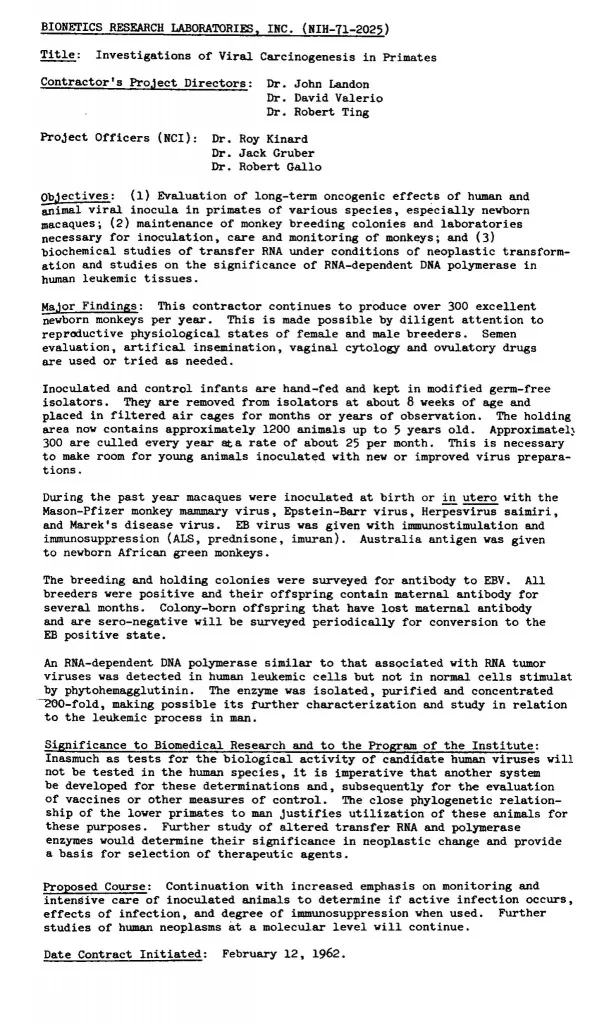
Experimenting with sv40 cancer viruses is a big taboo to this day.
None ever wants to touch the subject.
They always conveniently talk about anthrax or some deadly germ when someone mentions biological weapons and agents. There was even one incident with vaccines.
What nobody wants to mention, disprove or investigate is, for example, the fact that initial hepatitis b vaccines were manufactured in contaminated chimpanzees supplied by Merc the US military leading biological weapons contractor.
New York City gay men injected with them between 1972 and 1974 developed aids. Litton Bionetics supplied Merc company with African green monkeys that were discovered to be a source of the pandemic of aids virus from Africa. Old World monkeys are naturally infected with more than 40 different lentiviruses, termed simian immunodeficiency viruses (SIVs) with a suffix to denote their primate species of origin (e.g., SIVsmm from sooty mangabeys). Several of these SIVs have crossed the species barrier between great apes and humans, generating new pathogens (see text for details).
Problem was that they did not know or didn’t test for AIDS at that time.
Lytton Bionetics supplied Merc drug company with contaminated chimpanzees from which the first hepatitis b vaccines were prepared for trials in New York city on gay men. Additional test subjects for this mission included Willowbrook state school developmentally disabled children on Staten Island and sex workers and health professionals in Central Africa and Haiti. Willowbrook state school is a horror story just by itself, a prime example of eugenics and psychopathy. The U.S. is one of the rare countries that used human experiments on imprisoned people, a couple of other would-be Japan and Nazi Germany.
Outside the U.S. the Soviet Union did extensive research into germ warfare too. In Siberia, there are entire secret cities that are completely cut from the rest of the world for these kinds of experiments.
But all of this is a form of isolated operation. What is really problematic is when they decide to do complete population-scale experiments and implement measures that will target everyone.
The first question we need to answer is why? Why would the U.S. government have a continuous effort of poisoning water deliberately by adding fluoride? And it is policies that want fluoride everywhere, not just in your water but in every product they can think of. There are hundreds of other chemicals that can be used for the same purpose that are not toxic at all and no you will be hearing nothing about that. There is a reason why.

We all know it is a toxin, and other less toxic chemicals can do the same thing, but fluoride is the chemical of choice. Why?
It affects the human brain, but that is not the main reason.
Siberian gulags and Nazi death camps did use it for this effect on human mental state.
The main reason is as follows.
It is hazardous waste from phosphate fertilizer industry which cannot be dumped into the sea by international law and it cannot be used locally because it is too concentrated. So government to save money for the industry just dumps it to the drinking water. Effect on the human mental state is a added a bonus.
Milos Pokimica
Today most countries do not fluoridate. According to the WHO data tooth decay in 12-year-olds is coming down as fast in both fluoridated and non-fluoridated countries. It is not about tooth decay. Never were. It is just a scam for justification. A way for industry and government to fool you.
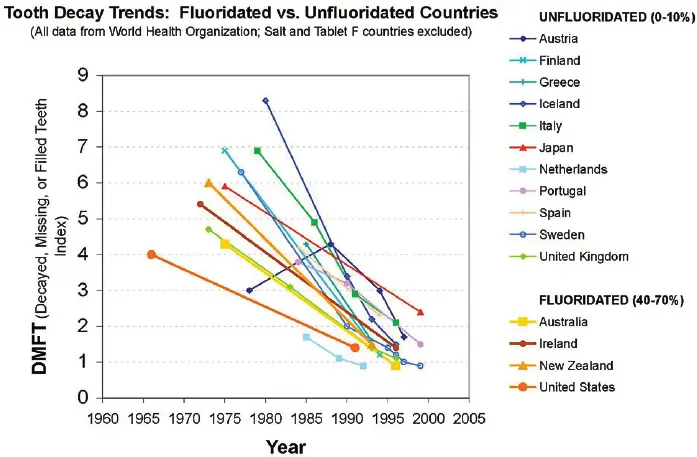
By 1930 Aluminum industry among others was the biggest pollutant of fluoride. At that time both deaths of people and animals from fluoride toxic fumes and pollution were common. The only company in America doing aluminum business was Alcoa (from Aluminum Company of America). At that time U.S. public health service was under the direct jurisdiction of U.S. Secretary of the Treasury Andrew William Mellon. The son of banker Thomas Mellon, owner of the family banking business, T. Mellon & Sons, also branched out into other businesses. Mellon helped finance the establishment of Alcoa and was a major stockholder. By the 1920s, he was one of the richest people in the country, paying more in income taxes than all but two other American industrialists. He was also the founder of the Mellon Institute of Industrial Research. Founded in 1913 and merged lather with the Carnegie Institute of Technology in 1967 to form Carnegie Mellon University in Pittsburgh, Pennsylvania, United States.
This institute was notorious for founding research that gives the industry the scientific backing for defending itself and pushing its goals. Mellon Institute was the one that published some of the key studies and gives evidence that fluoride is good at fighting tooth decay.
What was the most probable scenario was that they did a wide range of studies from many different fields until they discovered one possible application of what was known until that time just as heavy nerve toxin and rat poison. It was doctor Dr. Gerald Cox who was hired and was working for the Mellon Institute that made the first proposal to fluoridate public water supplies artificially. Not much longer after that official human experiment began in January of 1945 just after WW2.
Another part of the story is that, during the Second World War, industrial fluoride pollution increased because of the production and extensive use of Alcoa aluminum in aircraft construction. It was after World War 2 that several governments began to put fluoride in our water supplies to protect people against cavities because there were large quantities of toxic waste that cannot be put in rivers or anywhere else. Disposal of such a large scale would cost billions and will mean environmental disaster.
People at that time unlike now know very well what rat poison actually is. Early “conspiracy theorists“ declared that it was all just a communist scheme to undermine American public health.

A common argument from a moral and ethical view was that the public has not chosen to be consuming it and so it is against individual will.
There are other ways to fight tooth decay. Water fluoridation is just one way. Brushing would be another. One will be just to don’t eat sugar. Who brushes the teeth of monkeys? Did they or other animals in the wild have such a high-level dental plan as we do?

There are even other chemicals that also fight bacteria without being on the same level of toxicity. Chlorine is put into the public pools to fight infections and in water supply in Europe not to fight tooth decay but to disinfect water. Chlorine itself is highly toxic. In the U.S. there must be an organization that has invested interest in using fluoride otherwise it would not be going into the water the way that it is.
Fluoride is not just a key ingredient for making aluminum. It is used for making steel. It is used for producing high-octane gasoline. The Manhattan Project needed fluoride to enrich uranium. The biggest industrial building in the world, for a time, was the fluoride gaseous diffusion plant in Tennessee in the Manhattan Project. If workers realized that the fluoride they were breathing is causing injury to them, the Manhattan Project would be jeopardized because there were be a lot of lawsuits from workers. And even more from farmers living around these industrial plants.
Sodium fluoride from the aluminum industry was the most common pollutant in the early stages, but today the industry had shifted, and there is another type of fluoride that is the most common.
Today it is the fluoride acid (hydrofluorosilicic acid), that comes from the phosphate fertilizer industry.
It is a byproduct, a toxic waste. Fluoride is bound to silica (sand) and it is one of the most corrosive acids out there. It can eat through concrete, stainless steel, glass, fiberglass, plastic, you name it, and it would eat it. Today even in China water fluoridation is forbidden by law. No baby fluoridated water in China. They sell to the U.S. most of their stockpiles of this toxic fluoride waste. Water fluoridation is actually rare if we look at the global level. Water fluoridation is illegal in some countries but in others, it is not. still, some countries do not use water fluoridation systems even if they are legal. There are also countries that use water fluoridation only in some cities.
When you dig up rocks that are used in the phosphate fertilizer industry, they are no good in that state. You have to mix them with sulphuric acid, and this reaction produces soluble phosphate and hydrofluorosilicic acid. So you see. It is a good strategy. These people are smart. Today they are making billions of dollars a something that is toxic water, and that will cost billions to dispose of.
The government is helping Cargill get rid of its hazardous waste products. Cargill is the largest producer of hydrofluorosilicic acid in the world. 250,000 tons of it is dumped in the water just in the U.S.

Fluoride inactivates 62 enzymes in the body, inactivates DNA and RNA repair enzymes activity, it is mutagenic, so it causes DNA damage and increases cancers and all other diseases correlated with mutations, disrupts the immune system. If you are iodine deficient fluoride will be used instead of iodine in your thyroid gland because it cannot distinguish between the two. Iodine, bromine, fluoride, and chlorine are all something in chemistry known as halogens. That means they are similar in molecular structure.

The biggest problem is accumulation. Our bodies do not have an efficient mechanism to detoxify fluoride. Any amount of fluoride ever ingested if not excreted initially will stay in the body forever. We can try to mitigate some of the damage, but it is not in any way an effective strategy. Because our body is unable to get rid of the stuff, it is pushed inside calcium-rich tissues like bones. The first sign that you have fluoride toxicity or the first stage of the disease is fragile bones and pain without any medication except painkillers.
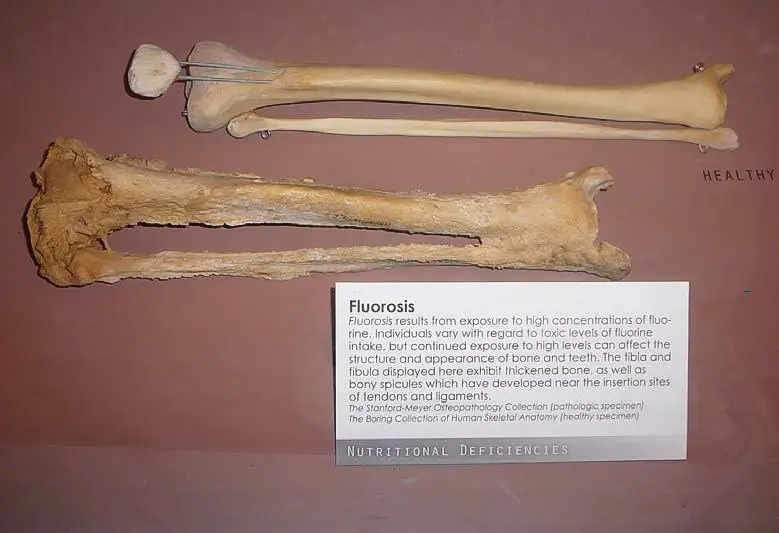
Dental fluorosis is one visual mark of hypomineralization of tooth enamel caused by ingestion of excessive fluoride. The same thing happens in the bone, and the name of the disease is skeletal fluorosis. The severity of dental fluorosis is dependent on the dose of fluoride during exposure. In moderate fluorosis, teeth are physically damaged, and it is not just a cosmetic concern. The same thing happens in the bones. In 2016 NHANES survey showed that adolescents with any form of fluorosis had jumped to a staggering 65 percent. Even more concerning was the huge increase in severe fluorosis, from a huge 30 percent.
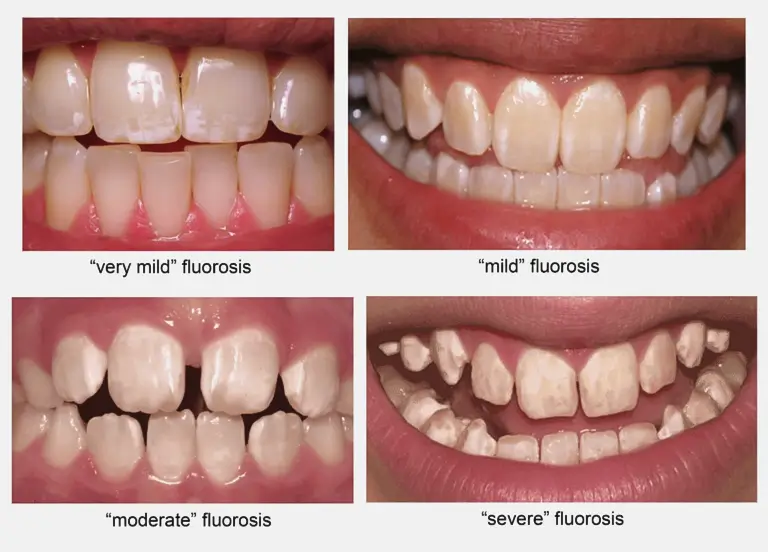
There is even a gene, a genetic predisposition that causes lactose-intolerant people to suck up lead from food. Fluoridated water can free lead and put it in your drinking glass and cooking water. There were a number of published studies that associated higher blood lead levels in children living in communities with artificial water fluoridation. I have discussed lead and the fact that there are no safe levels in the past.
Lead is a potent neurotoxin that can lead to developmental delays and other neurological issues. To decrease the hazard of lead exposure in some areas they are treating water supplies with phosphates aimed at inhibiting lead leaching. But what happens if you are African American or Mexican or another lactose intolerant group and then drink fluoridated water with food? Lead from food gets leeched out because of the fluoride, or you can just cook with fluoridated water to have the same effect. Effects on the mental state are also a concern.
Anytime you see a pharmaceutical drug that starts with flu that means it is fluoride. For example, Prozac is fluoxetine. Prozac is an SSRI drug (Selective serotonin reuptake inhibitor). It takes away the anxiety and pain and makes your mind think that you are not living in the real world. You are put into a state of false reality.

Fluoride in death camps did the same thing to prisoners.
There are also so far 24 IQ studies that showed a correlation beaten a very moderate use of fluoride and a substantial lowering of IQ (Aravind et al., 2016). In one Chinese study, they calculated that for each increase of 1 mg/L of urinary fluoride there would be a lowering of IQ by 0.59 points.
All mention of fluoride’s impact on the central nervous system in America is ignored, stopped, or opposed.
It does not just tap water that is contaminated but almost anything with fluid in it like milk, soda, salad dressing, ketchup, baby formula, and even solid food for example cereals.
When you water plants in the garden with tap water, they take it up from the ground. You cannot have boiled it away, and it is very hard to filter out.
There is no safe amount of fluoride, it is toxic in any amount, and most of us are already overexposed thru dental products.
References:
- Hmeljak, J., & Cör, A. (2009). Presence and role of Simian Virus 40 (SV40) in malignant pleural mesothelioma. Radiology and Oncology. https://doi.org/10.2478/v10019-009-0009-9
- Aravind, A., Dhanya, R. S., Narayan, A., Sam, G., Adarsh, V. J., & Kiran, M. (2016). Effect of fluoridated water on intelligence in 10-12-year-old school children. Journal of International Society of Preventive & Community Dentistry, 6(Suppl 3), S237–S242. https://doi.org/10.4103/2231-0762.197204
Related Posts
Do you have any questions about nutrition and health?
I would love to hear from you and answer them in my next post. I appreciate your input and opinion and I look forward to hearing from you soon. I also invite you to follow us on Facebook, Instagram, and Pinterest for more diet, nutrition, and health content. You can leave a comment there and connect with other health enthusiasts, share your tips and experiences, and get support and encouragement from our team and community.
I hope that this post was informative and enjoyable for you and that you are prepared to apply the insights you learned. If you found this post helpful, please share it with your friends and family who might also benefit from it. You never know who might need some guidance and support on their health journey.
– You Might Also Like –

Learn About Nutrition
Milos Pokimica is a doctor of natural medicine, clinical nutritionist, medical health and nutrition writer, and nutritional science advisor. Author of the book series Go Vegan? Review of Science, he also operates the natural health website GoVeganWay.com
Medical Disclaimer
GoVeganWay.com brings you reviews of the latest nutrition and health-related research. The information provided represents the personal opinion of the author and is not intended nor implied to be a substitute for professional medical advice, diagnosis, or treatment. The information provided is for informational purposes only and is not intended to serve as a substitute for the consultation, diagnosis, and/or medical treatment of a qualified physician or healthcare provider.NEVER DISREGARD PROFESSIONAL MEDICAL ADVICE OR DELAY SEEKING MEDICAL TREATMENT BECAUSE OF SOMETHING YOU HAVE READ ON OR ACCESSED THROUGH GoVeganWay.com
NEVER APPLY ANY LIFESTYLE CHANGES OR ANY CHANGES AT ALL AS A CONSEQUENCE OF SOMETHING YOU HAVE READ IN GoVeganWay.com BEFORE CONSULTING LICENCED MEDICAL PRACTITIONER.
In the event of a medical emergency, call a doctor or 911 immediately. GoVeganWay.com does not recommend or endorse any specific groups, organizations, tests, physicians, products, procedures, opinions, or other information that may be mentioned inside.
Editor Picks –
Milos Pokimica is a doctor of natural medicine, clinical nutritionist, medical health and nutrition writer, and nutritional science advisor. Author of the book series Go Vegan? Review of Science, he also operates the natural health website GoVeganWay.com
Latest Articles –
Plant Based News
-
Where Do Vegans Get Their Protein? The Ultimate 2025 Response
on June 29, 2025
-
Saffron Green Bean Rice
on June 29, 2025
-
Tomato Choka Salad With Chickpea Tofu
on June 29, 2025
-
How To Make This ‘Always A Winner’ Vegan Sandwich
on June 29, 2025
-
5-Ingredient Coconut And Squash Traybake
on June 29, 2025
-
Lidl Launches Round BN-Style Vegan Biscuits
on June 28, 2025
-
Vegan Mushroom Calzone
on June 28, 2025
Top Health News — ScienceDaily
- A tiny implant just helped paralyzed rats walk again—is human recovery next?on June 28, 2025
A groundbreaking study from the University of Auckland and Chalmers University of Technology is offering new hope for spinal cord injury patients. Researchers have developed an ultra-thin implant that delivers gentle electric currents directly to the injured spinal cord. This device mimics natural developmental signals to stimulate nerve healing, and in animal trials, it restored movement and touch sensation in rats—without causing inflammation or damage.
- Scientists turn beer yeast into mini factories for smart drugson June 28, 2025
A team of researchers has turned ordinary yeast into tiny, glowing drug factories, creating and testing billions of peptide-based compounds in record time. This green-tech breakthrough could fast-track safer, more precise medicines and reshape the future of pharma.
- Candy colors, THC inside: How cannabis edibles are tricking teen brainson June 28, 2025
Teens are being misled by cannabis edibles dressed up like health foods. Bright colors, fruit imagery, and words like vegan make these products look fun, natural, and safe even when they re not. A WSU study warns that this could increase the risk of underage use and urges new packaging rules based on what actually appeals to teens.
- Why asthma often comes back—even with powerful drugson June 27, 2025
Biological drugs have been a game-changer for people with severe asthma, helping them breathe easier and live more comfortably. But researchers at Karolinska Institutet have uncovered a surprising twist: while these treatments ease symptoms, they may not fully eliminate the immune cells that drive inflammation. In fact, some of these cells actually increase during treatment, suggesting the medication is managing symptoms without targeting the root cause. This could explain why asthma often […]
- Parkinson’s may begin decades earlier — and your immune system might know firston June 27, 2025
Misbehaving T cells light up long before Parkinson’s symptoms show, zeroing in on vulnerable brain proteins. Their early surge could double as an alarm bell and a target for stop-it-early treatments.
- AI sees what doctors miss: Fatty liver disease hidden in chest x-rayson June 27, 2025
Researchers in Japan created an AI that can detect fatty liver disease from ordinary chest X-rays—an unexpected and low-cost method that could transform early diagnosis. The model proved highly accurate and may offer a fast, affordable way to flag this silent but serious condition.
- Acid-busting diet triggers 13-pound weight loss in just 16 weekson June 26, 2025
Swap steaks for spinach and you might watch the scale plummet. In a 16-week crossover study, overweight adults who ditched animal products for a low-fat vegan menu saw their bodies become less acidic and dropped an average of 13 pounds—while the Mediterranean diet left weight unchanged. Researchers link the shift to lower “dietary acid load,” a hidden inflammation trigger driven by meat, eggs, and cheese.
PubMed, #vegan-diet –
- Micronutrient intake and nutritional status in 16-to-24-year-olds adhering to vegan, lacto-ovo-vegetarian, pescatarian or omnivorous diets in Swedenon June 26, 2025
CONCLUSION: Youth, regardless of dietary practice, need support to ensure adequate micronutrient intakes, particularly for vitamin D and selenium. Further research is required to evaluate iodine nutrition in Swedish youth.
- Dietary Patterns and Sustainable Lifestyles: A Multicenter Study from Latin America and Spainon June 26, 2025
Food systems interact through multiple dimensions including food security, nutrition, and planetary health. This study aims to associate different dietary patterns with sustainable lifestyles in Latin America and Spain. This was an observational, analytical, multicenter, cross-sectional survey study, with a total of 6412 participants. A self-administered questionnaire was developed in an online format in the Google Docs interface. The questionnaire was divided into sections: (1) […]
- Integrating comparative genomics and risk classification by assessing virulence, antimicrobial resistance, and plasmid spread in microbial communities with gSpreadCompon June 26, 2025
CONCLUSIONS: The gSpreadComp workflow aims to facilitate hypothesis generation for targeted experimental validations by the identification of concerning resistant hotspots in complex microbial datasets. Our study raises attention to a more thorough study of the critical role of diet in microbial community dynamics and the spread of AMR. This research underscores the importance of integrating genomic data into public health strategies to combat AMR. The gSpreadComp workflow is available at…
- Validation and adaptation of a Turkish version of the dietarian identity questionnaireon June 25, 2025
Dietarian identity reflects an individual’s cognitive, emotional, and behavioral orientation toward the consumption or avoidance of animal-based foods, including red meat, poultry, fish, eggs, and dairy. This study aimed to adapt and validate the Dietarian Identity Questionnaire (DIQ) for Turkish-speaking populations by establishing its cultural and linguistic suitability and examining dietarian identity profiles among different dietary patterns. The DIQ was adapted into Turkish and […]
- Planting Rights and Feeding Freedom: Navigating the Right to a Vegan Diet in Hospitals and Prisonson June 20, 2025
The legal recognition of veganism highlights the evolving landscape of dietary choices and their status under human rights law. This paper examines the legal status of vegan diets under the European Convention on Human Rights (ECHR), focusing on public institutions such as prisons and hospitals. By analyzing the first relevant cases before the European Court of Human Rights, it explores the protection of vegan diets under Articles 9 (freedom of thought, conscience, and religion) and 14…
Random Posts –
Featured Posts –

Latest from PubMed, #plant-based diet –
- Adherence to Mediterranean Diet and Implications for Cardiovascular Risk Preventionby Giulia Frank on June 27, 2025
Background/Objectives:Arterial hypertension, increased carotid intima-media thickness (cIMT), and arterial stiffness (AS) are recognized predictors of cardiovascular disease (CVD). Emerging evidence suggests that vascular remodeling may precede the full development of hypertension. Furthermore, body mass index (BMI), fat mass percentage (FM%), and visceral adipose tissue (VAT), are significant risk factors for cardiovascular events. Conversely, adherence to the Mediterranean diet is […]
- Fermented Fruits, Vegetables, and Legumes in Metabolic Syndrome: From Traditional Use to Functional Foods and Medical Applicationsby Karolina Bernacka on June 27, 2025
Fermentation has been used for centuries to preserve food and to obtain products with new, attractive sensory characteristics. Fermented products are a source of dietary fiber, vitamins, bioactive compounds, and probiotic bacteria with health-promoting properties. This review provides a comprehensive overview of the effects of fermented fruits, vegetables, and legumes on metabolic disturbances characterizing metabolic syndrome (MetS). Furthermore, the chemical composition, microbial […]
- Dos and Don’ts in Kidney Nutrition: Practical Considerations of a Panel of Experts on Protein Restriction and Plant-Based Diets for Patients Living with Chronic Kidney Diseaseby Massimo Torreggiani on June 27, 2025
Dietary management is a pillar of chronic kidney disease (CKD) treatment. While some rules are the same as dietary prescriptions for the general population and those suffering from other chronic diseases (energy intake, salt intake, avoidance of ultra-processed food and limited intake of animal fats), in non-dialysis-dependent patients living with CKD, the specific focus is on protein intake. Low-protein diets (LPDs) and supplemented very low protein diets (sVLPDs) have been successfully…
- Effects of Pork Protein Ingestion Prior to and Following Performing the Army Combat Fitness Test on Markers of Catabolism, Inflammation, and Recoveryby Drew E Gonzalez on June 27, 2025
Tactical athletes and military personnel engaged in intense exercise need to consume enough quality protein in their diet to maintain protein balance and promote recovery. Plant-based protein sources contain fewer essential amino acids (EAAs), while pork loin contains a higher concentration of EAAs and creatine than most other animal protein sources. This study aimed to determine whether the ingestion of plant-based or pork-based military-style meals ready-to-eat (MREs) affects recovery from […]
- Mediterranean Diet, Obesity-Related Metabolic Cardiovascular Disorders, and Environmental Sustainability: A Systematic Reviewby Sergio Rodríguez Núñez on June 27, 2025
INTRODUCTION: This article aims to provide an updated overview of the scientific knowledge regarding the interplay between the Mediterranean diet (MedD), sustainability, and cardiovascular and metabolic health.
- Employing Nutrition to Delay Aging: A Plant-Based Telomere-Friendly Dietary Revolutionby Joanna Polom on June 27, 2025
Telomere attrition is a hallmark of cellular aging, influenced by oxidative stress, chronic inflammation, and metabolic dysregulation. Emerging evidence suggests that dietary patterns rich in plant-based, minimally processed foods may influence telomere dynamics, potentially extending healthspan. This narrative review synthesizes current literature on the molecular mechanisms by which specific nutrients-such as antioxidants, polyphenols, omega-3 fatty acids, and methyl donors-affect telomere…

